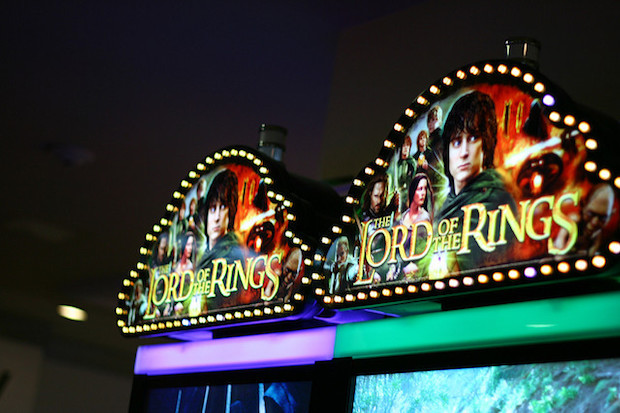Tag: addiction
All topics
-

Should adverts for social casino games be covered by gambling regulations?
Notably, nearly 90 percent of the advertisements contained no responsible or problem gambling language, despite…
All topics

Notably, nearly 90 percent of the advertisements contained no responsible or problem gambling language, despite…